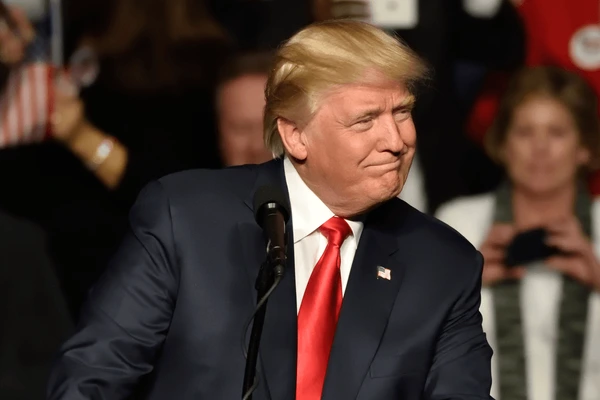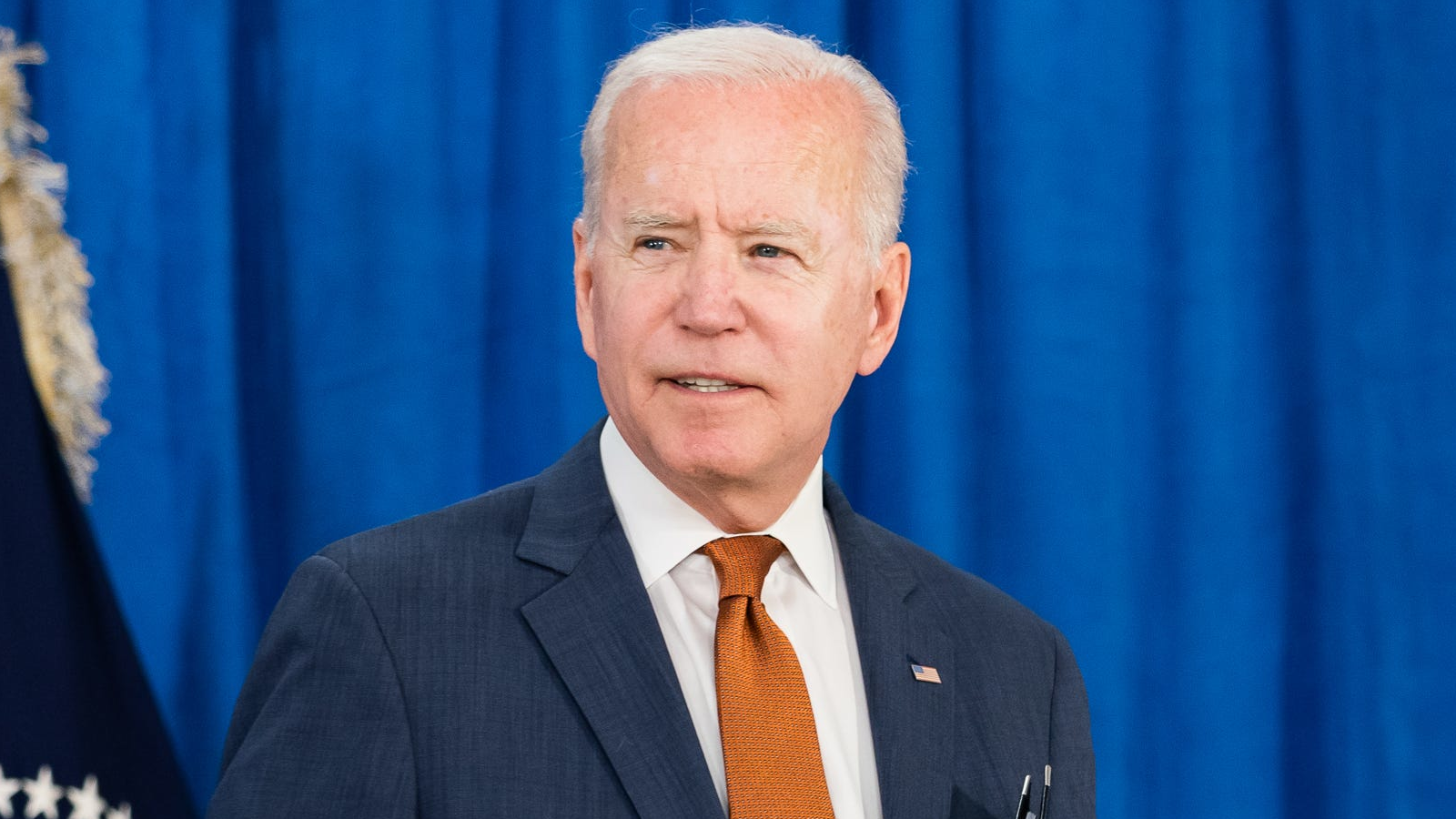In a dramatic turn of events that underscores the delicate balance of power and the urgent need for bipartisanship in Washington, the Republican-led US House of Representatives has successfully passed a crucial deal to avert a partial government shutdown, slated to commence this very weekend.
This pivotal moment arrives just as President Joe Biden prepares to deliver what is being touted as a career-defining State of the Union address amidst his campaign for a second term against the backdrop of Republican heavyweight Donald Trump’s challenge.
Speaker of the House Mike Johnson, navigating the treacherous political divide between moderate and hard-line Republicans, has demonstrated a formidable capacity for leadership and negotiation.
The approval of this deal not only averts an immediate fiscal crisis but also brings the nation one step closer to resolving a protracted dispute over the federal budget that has loomed over Congress for months.
On the eve of Biden’s highly anticipated address to a joint session of Congress, the stakes could not be higher.
The President is expected to leverage this platform to highlight the landmark achievements of his first term while urging lawmakers to break the deadlock over crucial legislation, including a stalled Ukraine aid package and border reform bill.
However, with Speaker Johnson holding firm on demands for heightened action against illegal border crossings before advancing the $60 billion package for Ukraine, the political chess game continues.
The fiscal uncertainty that has gripped the nation, with Congress failing to approve the 12 annual spending bills constituting the federal budget even five months into the fiscal year, has pushed several departments to the brink.
With deadlines looming as early as midnight Friday, the clock was ticking ominously towards a shutdown that could have far-reaching implications.
The passage of the $460 billion package, a product of painstaking bipartisan negotiations, marks a significant, albeit partial, victory.
This funding, earmarked for critical departments such as agriculture, justice, interior, transportation, housing, veterans affairs, commerce, and energy, is essential for the continued functioning of government services and the well-being of millions of Americans.
Yet, the journey is far from over.
The bill now faces the scrutiny of the Senate, where it must be approved before making its way to President Biden’s desk to be signed into law.
This legislative hurdle must be cleared to officially avert a partial government shutdown and ensure that the government remains funded through the end of the fiscal year on September 30.
However, it’s crucial to note that this bill accounts for less than a third of the overall discretionary spending.
The more contentious aspects of the budget dispute, including some of the most polarizing issues, are deferred to a second bill that must be passed by March 22.
This upcoming deadline sets the stage for another round of intense political negotiations, with the potential to further test the resolve and unity of Congress in the face of pressing national priorities.
As the nation watches closely, the actions of its lawmakers in the coming weeks will be critical in shaping the future direction of American governance and policy.
The bipartisan effort to avert a government shutdown, while commendable, serves as a stark reminder of the ongoing challenges and the urgent need for continued cooperation and compromise in the pursuit of the common good.



